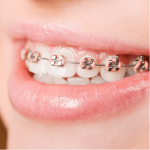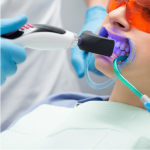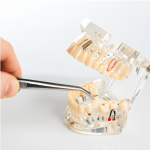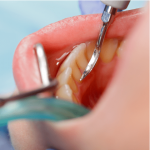
What is Bruxism?
Have you noticed that sometimes your mouth hurts because you’ve been clenching your jaw too tight? Although most commonly attributed to stress, sometimes a person could be suffering from a condition known as bruxism.
Signs & Symptoms
Bruxism has many symptoms that are similar to those of other conditions. You should always consult your dentist if you are concerned about the following issues:
- Increased tooth sensitivity
- Jaw soreness or tight jaw muscles
- Loud teeth grinding
- Chipped teeth
- Bad headaches

Sleep Bruxism
No one really knows the exact cause, but both physical and psychological causes are often linked to teeth-grinding. Evidently, sleep issues are some of the most common. Snoring, sleep talking, and even a sleep disorder such as sleep apnea can lead to sleep bruxism.
Negative Emotions
Anger, anxiety, frustration and stress are four major reasons a person may grind their teeth as a coping method. Being mindful of the situation and taking action to relieve the stressors can help manage bruxism and will save your teeth from a lot of damage.
Malocclusions
Sometimes your bite and alignment issues with the upper or lower jaw can cause grinding. Consult with your dentist about getting it fixed with braces or aligners. In drastic cases, surgery to realign the jaw may be needed to correct any malocclusions.
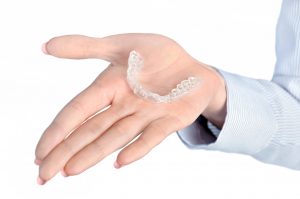
Age & Lifestyle
Age is also a factor, as bruxism is more common in children before they are teenagers. However substance-based habits such as tobacco use, alcohol consumption, and even too much caffeine can increase your susceptibility of developing bruxism.
If you think you may have this condition, start listing any symptoms and voice them at your next dental appointment. Your dentist may perform a full exam to confirm any symptoms or signs and determine the reasons they have occurred.
In the meantime, getting a mouth guard is an effective way to limit any damage done from grinding and offer temporary relief.

